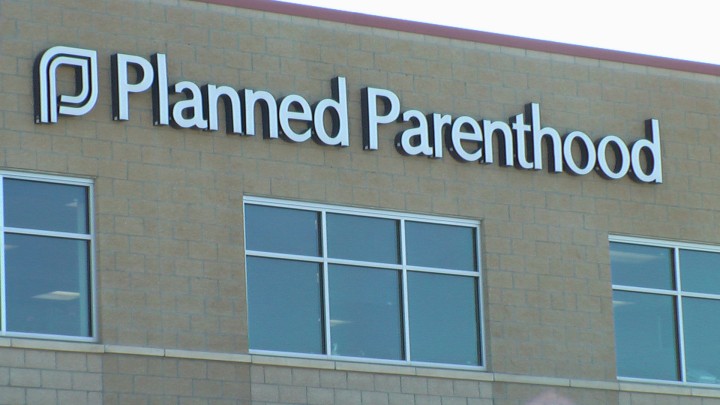A breast cancer awareness organization that focuses on helping young women hired a former Planned Parenthood leader as its CEO this month.
Bright Pink, which encourages early detection and prevention of breast and ovarian cancer in young women, announced the hire Monday in a news release. Its new CEO, Katie Thiede, is the former vice president of development for Planned Parenthood of Illinois, according to the organization.
Thiede was a major asset to the abortion chain while she worked there.
“Thiede has dedicated her entire career to serving organizations that exist so that people, especially women, can live their best lives,” the non-profit wrote. “Most recently she served as Vice President of Development for Planned Parenthood of Illinois, where she has more than tripled annual philanthropic revenue to over $12 million in just four years, [and] led the Illinois affiliate to become among the most successful affiliates in the nation …”
The choice is interesting given the research showing links between abortion (Planned Parenthood’s main business) and breast cancer.
The abortion chain claims to be an important resource for cancer detection and prevention, but it does not have mammogram machines and its own annual reports show its cancer screening services are dropping.
Some argue that Planned Parenthood also could be contributing to the rise in breast cancer cases by promoting and performing abortions. Numerous peer-reviewed studies indicate that there are links between abortion and an increased risk of breast cancer.
As Carolyn Moynihan, deputy editor of MercatorNet, wrote earlier this month:
Abortion, especially of the first pregnancy, not only removes the protective maturing of the breasts during pregnancy and lactation, but actually leaves them in a more vulnerable state, while the estrogen in hormonal contraceptives increases cancer risk. A new study from Finland this month finds further evidence of a link between hormonal contraceptives (the IUD) and breast cancer.
British data, in fact, show a high positive correlation between abortion rates and breast cancer in women aged 50-54 (abortion was liberalised in the UK in 1967). This also seems to reflect the advent of hormonal contraception, say the authors. “When women were first having large numbers of induced abortions, their contemporaries were also starting to make extensive use of hormonal contraceptives.”
Dr. Angela Lanfranchi, a breast cancer surgeon and researcher, points to 34 statistically significant world-wide studies that support the link between abortion and an increased breast cancer risk.
Between 1957 and 2013, there have been at least 73 studies regarding induced abortion and breast cancer: 57 showed a positive correlation between abortion and breast cancer risks, 34 of which were statistically significant; and 16 studies showed a negative correlation, none of which were statistically significant, she said.
“How do people deny the link between abortion and breast cancer risks? There is sort of a willful ignorance. … They don’t connect the dots,” Lanfranchi said at a 2016 workshop.
The non-profit Bright Pink says it is dedicated to educating and helping young women assess their risk for breast and ovarian cancer.
But with a former Planned Parenthood leader as its new leader, it’s hard not to wonder if the organization will be giving women all the information that they deserve to know.
ACTION: Complain to Bright Pink by going here.








